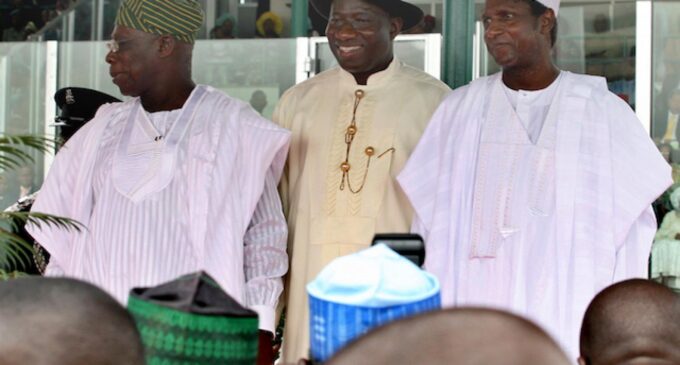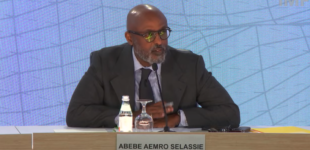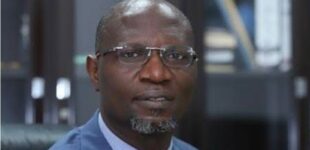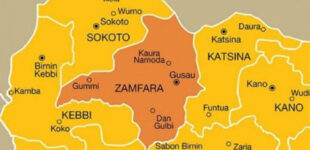SERAP: N11trn electricity fund was ‘squandered’ under Obasanjo, Yar’Adua, Jonathan

The Socio-Economic Rights and Accountability Project (SERAP) says N11 trillion electricity fund was squandered by the administrations of former presidents Olusegun Obasanjo, Umaru Musa Yar’Adua and Goodluck Jonathan.
The former presidents were in charge of the country between 1999 and 2015.
In a report titled ‘From darkness to darkness: How Nigerians are paying the price for corruption in the electricity sector’ which was launched in Lagos on Wednesday, the organisation called fo a probe into the alleged squandering.
It said the N11 trillion “financial loss” comprises public funds, private equity and social investment (or divestments) in the power sector.
The 65-page report also noted that the “loss” may reach over N20 trillion in the next decade “given the rate of government funding and investment in the power sector.”
The report said the country’s power sector reforms under the Electric Power Sector Reform Act of 2005 have not yielded the desired results due to “corruption and impunity of perpetrators, regulatory lapses and policy inconsistencies.”
It accused the Nigerian Electricity Regulatory Commission (NERC) of settling officials with “millions of naira as severance packages” while “embarrassing” them with alleged three billion naira fraud.
“The Obasanjo’s administration spent $10 billion on NIPP with no results in terms of increase in power generation. $13.278,937,409.94 was expended on the power sector in eight years while unfunded commitments amounted to $12 billion,” the report read.
“The federal government then budgeted a whopping N16 billion for the various reforms under Liyel Imoke (2003 to 2007) which went down the drains as it failed to generate the needed amount of electricity or meet the set goals. Imoke was alleged to have personally collected the sum of $7.8 million for the execution of the contract for the construction of the Jos-Yola transmission Line, which was never executed.
“Professor Chinedu Nebo handed over the assets of the PHCN to private investors on November 1, 2013. Prof. Nebo is alleged to have corruptly funded the privatised power sector with over N200 billion despite privatisation.”
SERAP also called for a “thorough” investigation into the alleged government funding of the country’s privatised power sector, recommending that corrupt funds should be fully recovered and culprits, prosecuted.
It noted that N1.5 billion used for acquiring vehicles was allegedly sourced from the “diverted N27 billion” insurance premium of deceased workers of the defunct Power Holding Company of Nigeria (PHCN).
“The national assembly should desist from manipulating the award of electricity contracts or cite projects in their constituencies under the guise of ‘constituency project’,” the report also stated.
“The government of Nigeria handed over the transmission company to a Canadian company Manitoba, to manage and under a management service contract of over $200 million. Findings also show that the Transmission Company of Nigeria could not execute most of its approved 44 projects after having 50 percent of its N30 billion 2016 budget released to it.
“Funds were released from Eurobond. $23.6 million allegedly paid to Manitoba Hydro International (MHI) of Canada to manage the Transmission Company of Nigeria (TCN) would appear to be without due process.
“The Manitoba deal is shrouded in secrecy as essential details of the deal remain unknown to Nigerians till date. The authorities should undertake a public-oriented audit on the state of affairs of the TCN two years before and after the Manitoba deal.”
SERAP called on Abubakar Malami, attorney-general of the federation and minister of justice, to request the report of the house of representative committee that probed government spending in the power sector from 2000 to 2007, as well as the Elumelu house probe committee that accused some individuals and companies of subversion of government policy on due process.














Where will all these lead us? All we have witnessed in the last two years are Revelations, blames upon blames! None of the blames and revelations and probes have produced any meaning improvement in the life of the average Nigerian. Where do we go from here, another blame, revelation and call for probe;Here’s hoping this time, we can at least take a step forward!